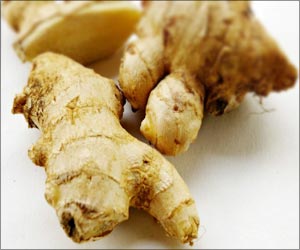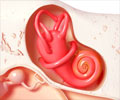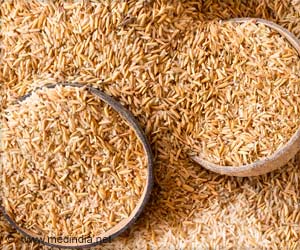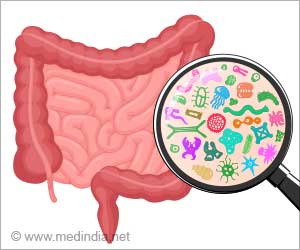Fresh findings bolster the case for utilizing ginger supplements in the management of autoimmune disorders.
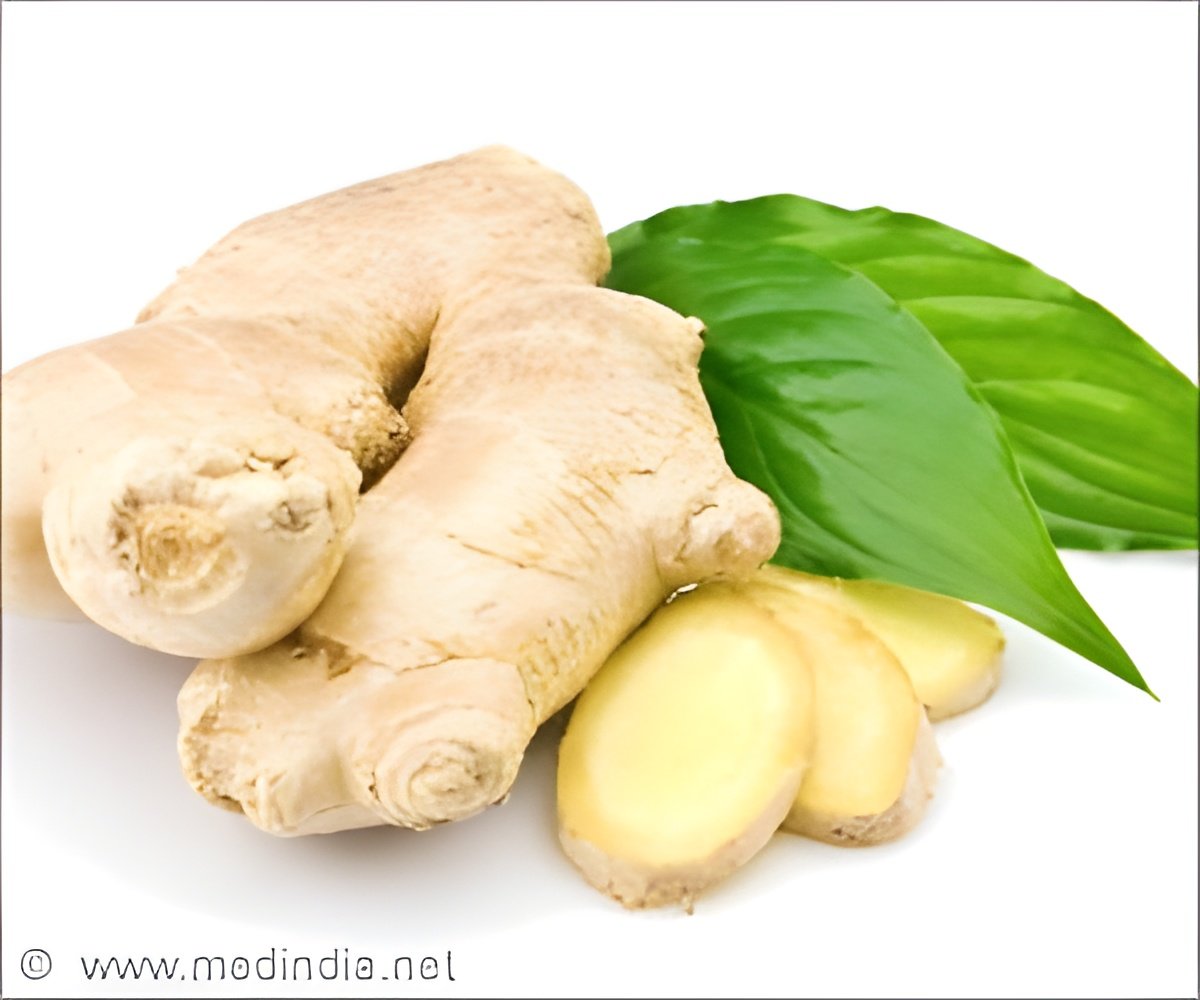
Ginger intake suppresses neutrophil extracellular trap formation in autoimmune mice and healthy humans
Go to source). The research published in JCI Insight focused on studying the impact of ginger supplementation on a type of white blood cell called the neutrophil.
‘The latest research provides further support for the use of ginger supplements in addressing autoimmune diseases. The investigation explored how ginger supplements influence the function of white blood cells.
#Ginger, #AutoimmuneDisorder
’





The study was especially interested in neutrophil extracellular trap (NET) formation, also known as NETosis, and what it may mean for controlling inflammation. The study found ginger consumption by healthy individuals makes their neutrophils more resistant to NETosis.
This is important because NETs are microscopic spider web-like structures that propel inflammation and clotting, which contribute to many autoimmune diseases, including lupus, antiphospholipid syndrome, and rheumatoid arthritis.
“There are a lot of diseases where neutrophils are abnormally overactive. We found that ginger can help to restrain NETosis, and this is important because it is a natural supplement that may be helpful to treat inflammation and symptoms for people with several different autoimmune diseases,” said senior co-author Kristen Demoruelle, MD, Ph.D., associate professor of medicine at the University of Colorado School of Medicine on the University of Colorado Anschutz Medical Campus.
Ginger's Role in Autoimmune Health
In a clinical trial, the researchers found that daily intake of a ginger supplement for seven days (20 mg of gingerols/day) by healthy volunteers boosted a chemical inside the neutrophil called cAMP. These high levels of cAMP then inhibited NETosis in response to various disease-relevant stimuli.“Our research, for the first time, provides evidence for the biological mechanism that underlies ginger’s apparent anti-inflammatory properties in people,” said senior co-author Jason Knight, MD, PhD, associate professor in the Division of Rheumatology at the University of Michigan.
Advertisements
Unfortunately, the precise impact on disease is often unknown. The researchers hope that providing more evidence about ginger’s benefits, including the direct mechanism by which ginger impacts neutrophils, will encourage healthcare providers and patients to more strategically discuss whether taking ginger supplements as part of their treatment plan could be beneficial.
Advertisements
We, therefore, think ginger may have a real ability to complement treatment programs that are already underway. The goal is to be more strategic and personalized in terms of helping to relieve people’s symptoms,” Knight adds.
As a next step, the researchers hope to use this study to unlock funding for clinical trials of ginger in patients with autoimmune and inflammatory diseases where neutrophils are overactive, such as lupus, rheumatoid arthritis, antiphospholipid syndrome, and even COVID-19.
Reference:
- Ginger intake suppresses neutrophil extracellular trap formation in autoimmune mice and healthy humans - (https://pubmed.ncbi.nlm.nih.gov/37737262/)
Source-Eurekalert


